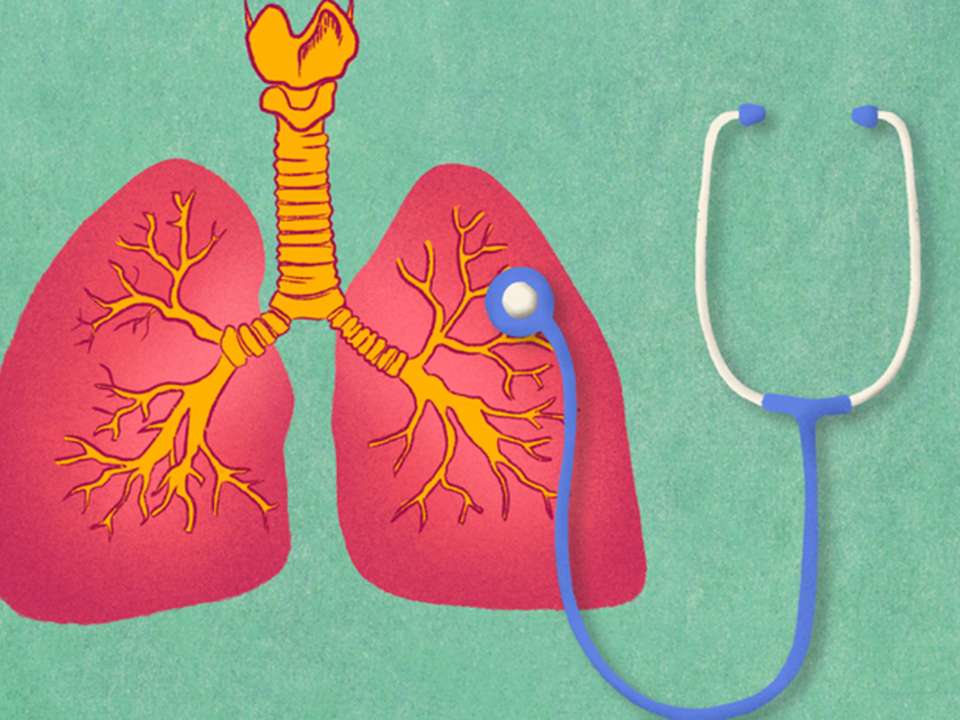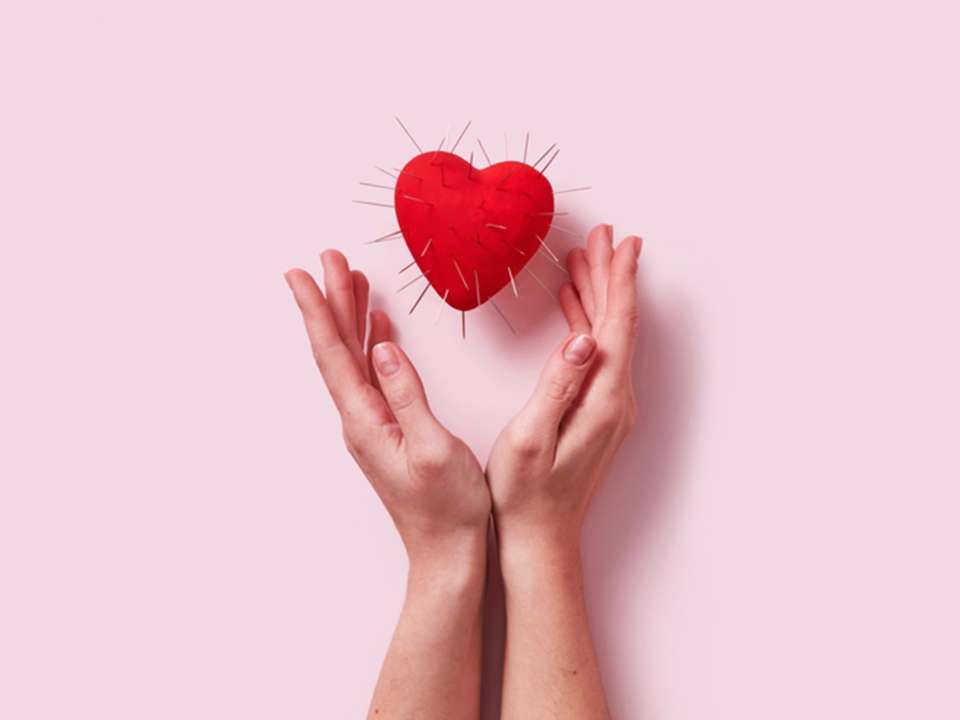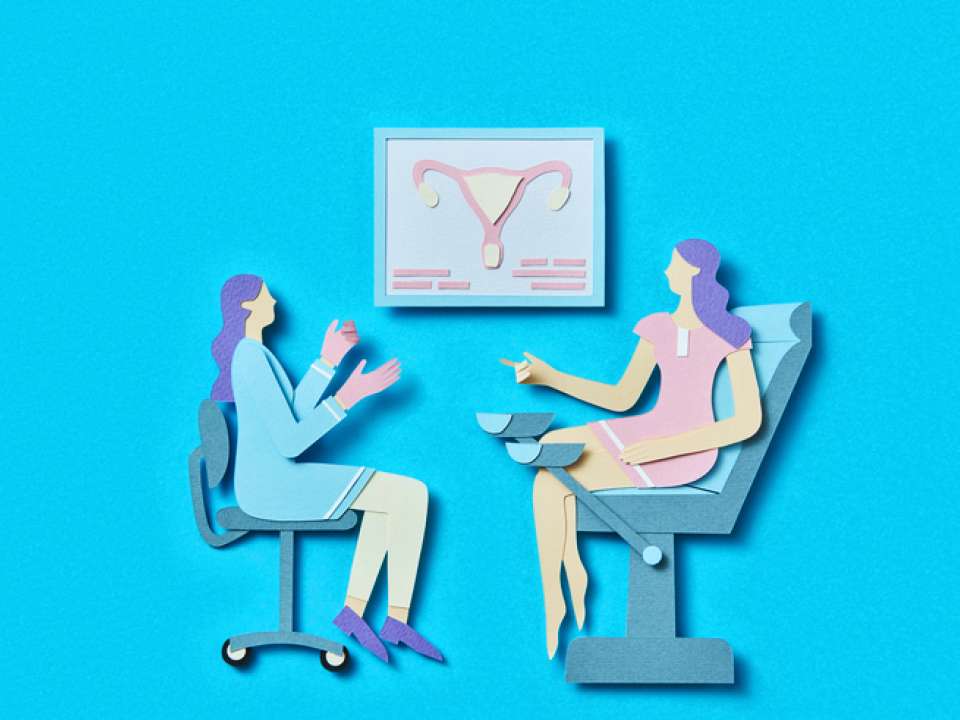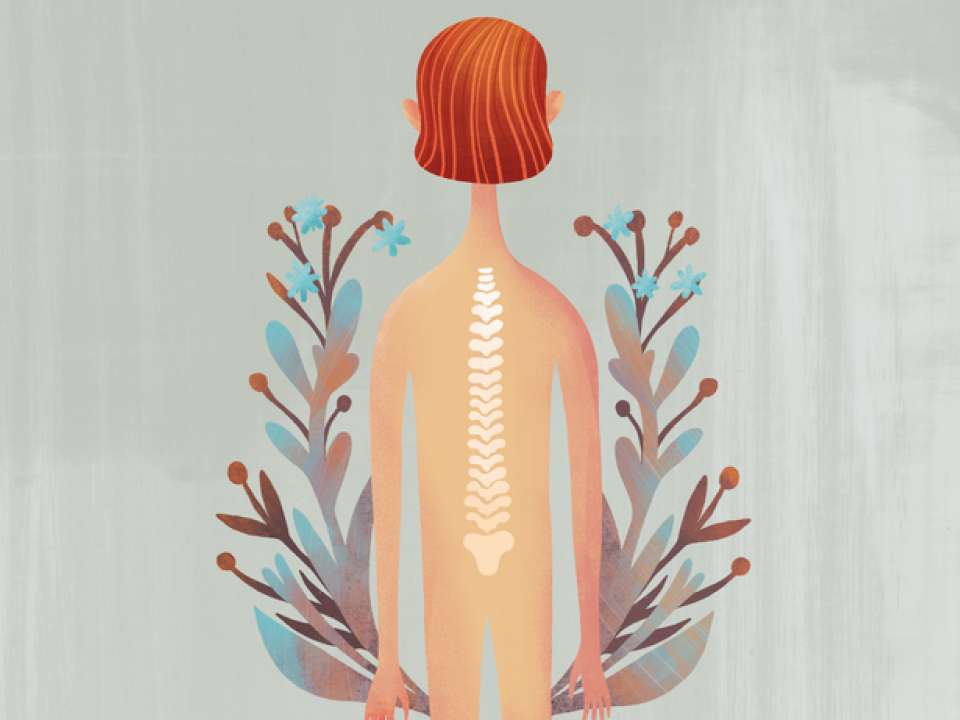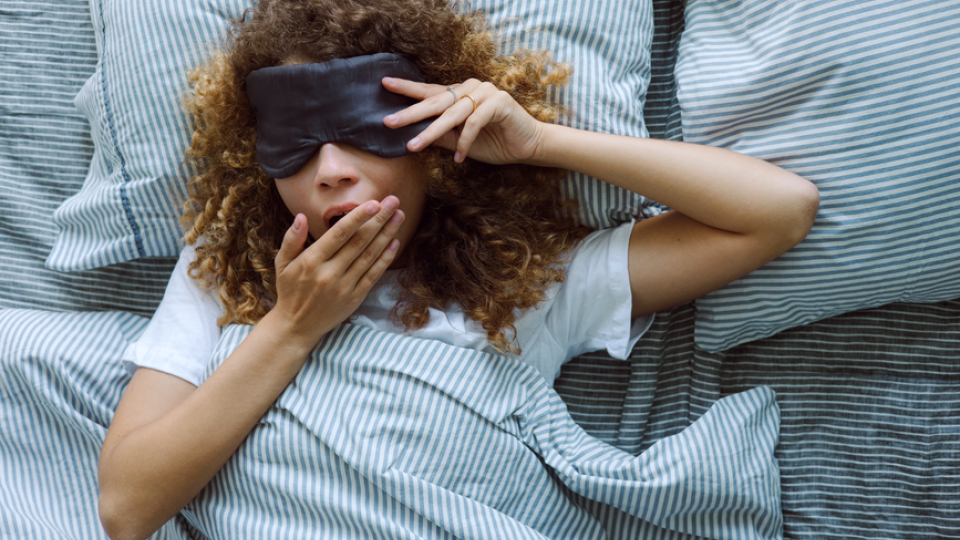
If you wake up every night at 3 a.m. to use the bathroom and get a glass of water before falling back asleep — this likely isn’t for you. In fact, it’s normal to wake up during the night, even for the deepest sleepers.
But if you wake up every night hours before your morning alarm and find yourself staring at the ceiling, doomscrolling through the internet, or getting into the triple digits when you’re counting sheep, there could be some bigger reasons why you can’t get back to sleep.
6 reasons why you’re waking up
Everyone is different, but health conditions, aging, environment, diet and medications are common reasons that could keep someone from falling asleep after waking up.
You have a health condition or illness (or you’re pregnant)
From the common cold to lung disease, many health conditions can interrupt sleep. Anything from bad heartburn to an itchy rash could jolt you awake from even the deepest sleep.
However, in some cases, waking up at night could be a symptom of a serious sleep disorder: Sleep apnea. "It can cause people to wake up snoring and gasping," says Dr. Martha Billings, a sleep specialist at the Sleep Medicine Center at Harborview Medical Center.
When you have sleep apnea, there are moments during sleep when your breathing will pause for a brief time as your airway narrows and can close off. Those gasping moments happen when you wake up to breathe. If you experience symptoms of sleep apnea, it’s important to see a doctor for treatment, since sleep apnea can be associated with other conditions like an irregular heartbeat, stroke or high blood pressure.
Also, if you’re pregnant, expect a lot of sleep interruptions. Pregnancy can cause sleep disruption due to the effects of the growing fetus, says Billings.
You’re anxious or depressed
If you struggle with a mental health condition, that can also significantly affect your sleep.
“Most mood disorders such as anxiety and depression impact sleep and can cause insomnia, delay the time it takes to fall asleep and cause lighter sleep,” says Billings.
You’re aging
As you age, you might find that falling and staying asleep is more difficult than it used to be.
You could blame the lost sleep on life stress or upcoming bills (which would be true), but our bodies are constantly changing, which can bring unexpected shifts in our sleep quality.
“As we age, our sleep tends to be more fragmented and less deep,” says Billings. “Perimenopause can disrupt sleep due to hot flashes and other hormonal changes.”
Your environment is noisy
Unsurprisingly, what’s happening around you can also impact your sleep. Whether you have kids who love to wake up for a midnight snack, a noisy neighbor who enjoys vacuuming at 2 a.m. or a pet who snores, it can be tough to drift back to sleep.
However, your environment isn’t only what you can see and hear: The way your room feels and what’s happening around you can also play a part in your comfort level.
“Poor air quality, excess heat and noise may also impact sleep,” says Billings. “People sleeping closer to the water and with tree canopy have better sleep. Keeping your bedroom cool, quiet and dark helps sleep. Sometimes white or brown noise can help if your environment is noisy. Heavy curtains can block out extra light.”
You’re eating or drinking too close to bedtime
It’s true — what you eat or drink before bed can greatly impact your sleep for the night.
“Stimulants too close to bedtime such as caffeine via coffee, chocolate, black or green tea can delay sleep,” says Billings. “Folks prone to reflux may also have more heartburn if eating heavy meals close to bedtime.”
We know it’s tempting, but try to keep away from the espresso shots a minimum of six hours before bed. Teas that don’t have caffeine like chamomile, ginger or peppermint are great options if you still want to enjoy a warm drink at the end of the day, and some say it can help with sleep, too.
And yes, an occasional night out or after-dinner wine at home is OK, but keep in mind that alcohol is a big culprit in the sleep disturbance space.
“Alcohol can severely disrupt sleep,” says Billings. “It can worsen sleep apnea significantly. While it can shorten the time it takes for you to fall asleep, as it is metabolized, it can lead to early awakenings and more fragmented sleep.”
You’re taking medication
“Lots of medications impact sleep,” says Billings. “Some are sedating and can make you fall asleep more quickly, like Benadryl. Some can delay sleep and are more stimulating, like Sudafed.”
Be mindful of the side effects of any medications you take and consider the best time of day to take them.
Tips to help you stay asleep
If you find it difficult to stay asleep because of certain medications, pregnancy or health conditions, you’ll want to work closely with your doctor to determine the best steps to get some rest.
Here are some tips in the meantime that might help, regardless of where you are:
- Avoid heavy meals, alcohol and stimulants (coffee or smoking) close to bedtime
- Exercise daily, but not too close to bedtime
- Do a relaxing activity before bed to unwind and prepare your mind for sleep
If you wake up and can’t fall back asleep after 15-20 minutes:
- Get out of bed and do a relaxing activity such as reading, listening to soft music or meditation
- Avoid bright lights and screens
- Go back to bed when you feel sleepy again
“It’s normal to have some poor nights of sleep from time to time,” says Billings. “If you have issues with poor sleep for longer than a few weeks, with waking up often or having prolonged insomnia, talk to your doctor.”

 Healthy ideas for your inbox
Healthy ideas for your inbox
